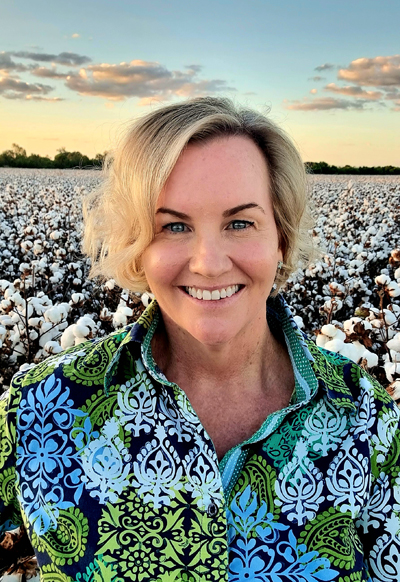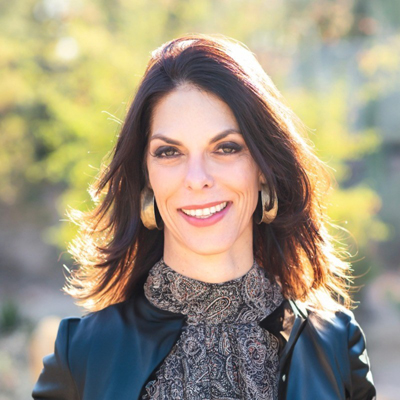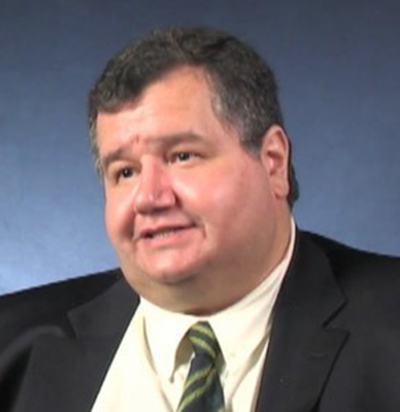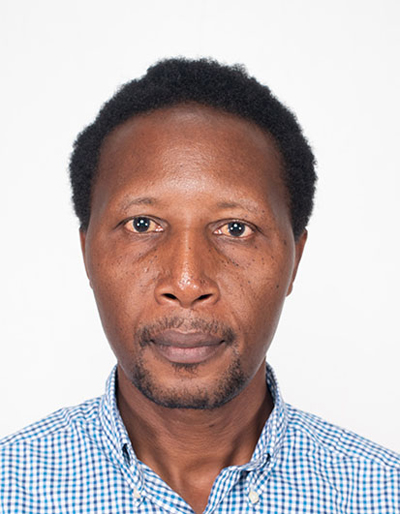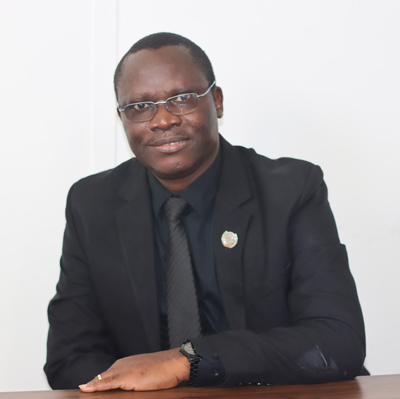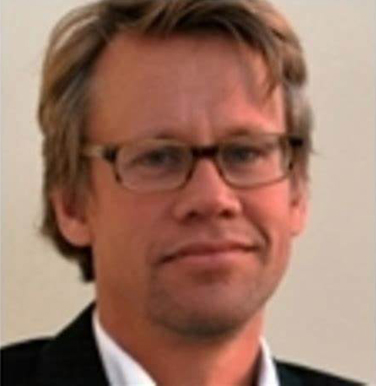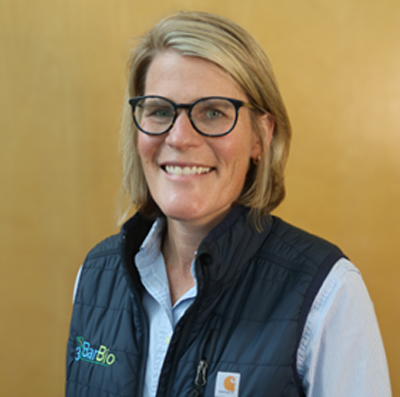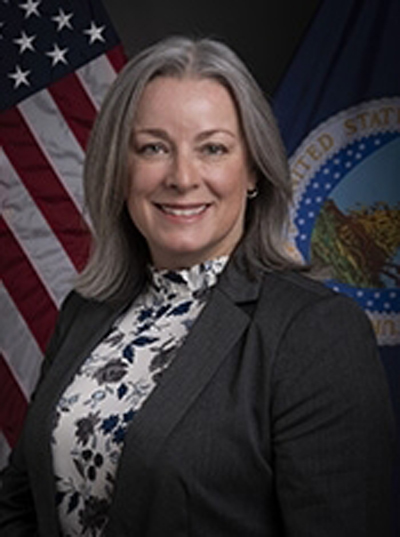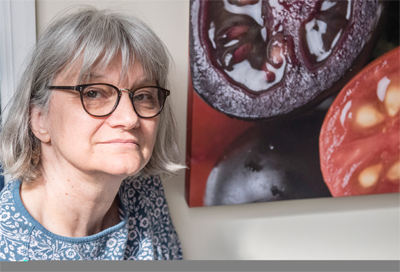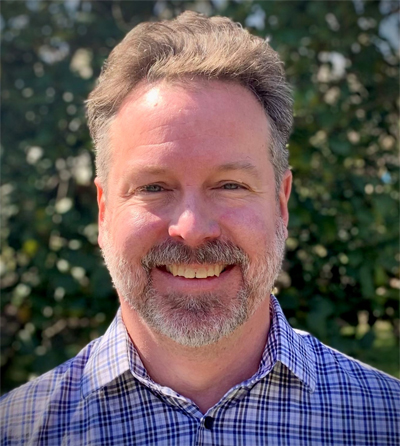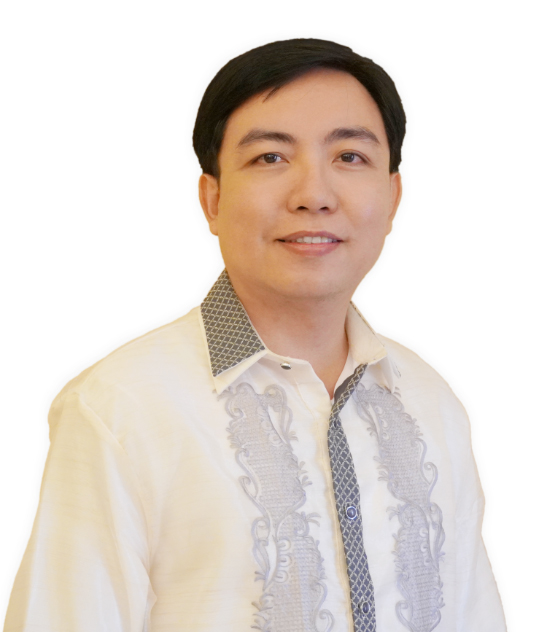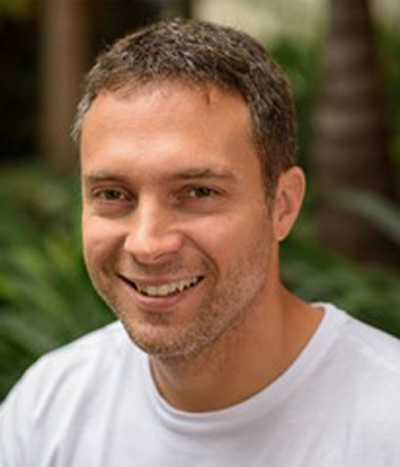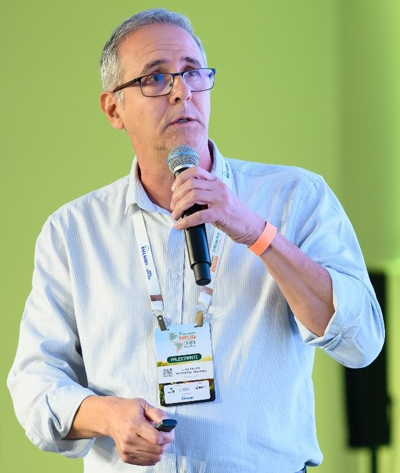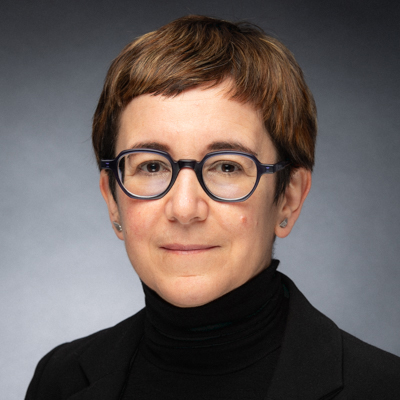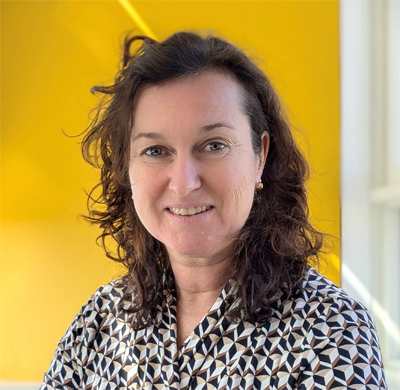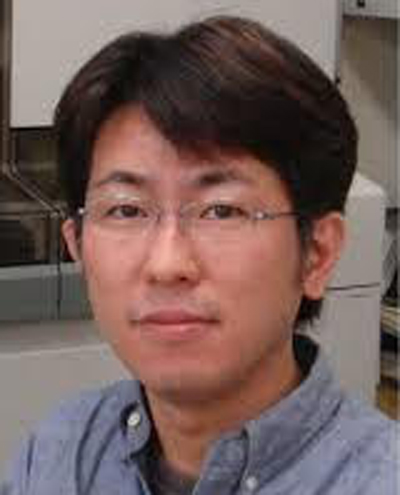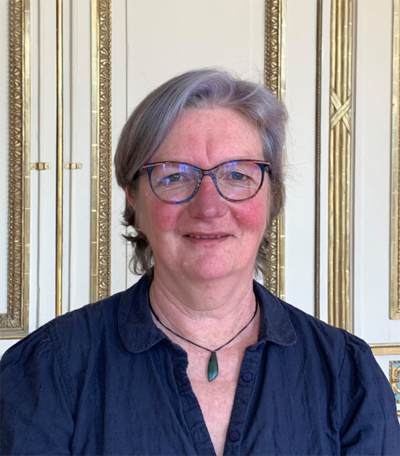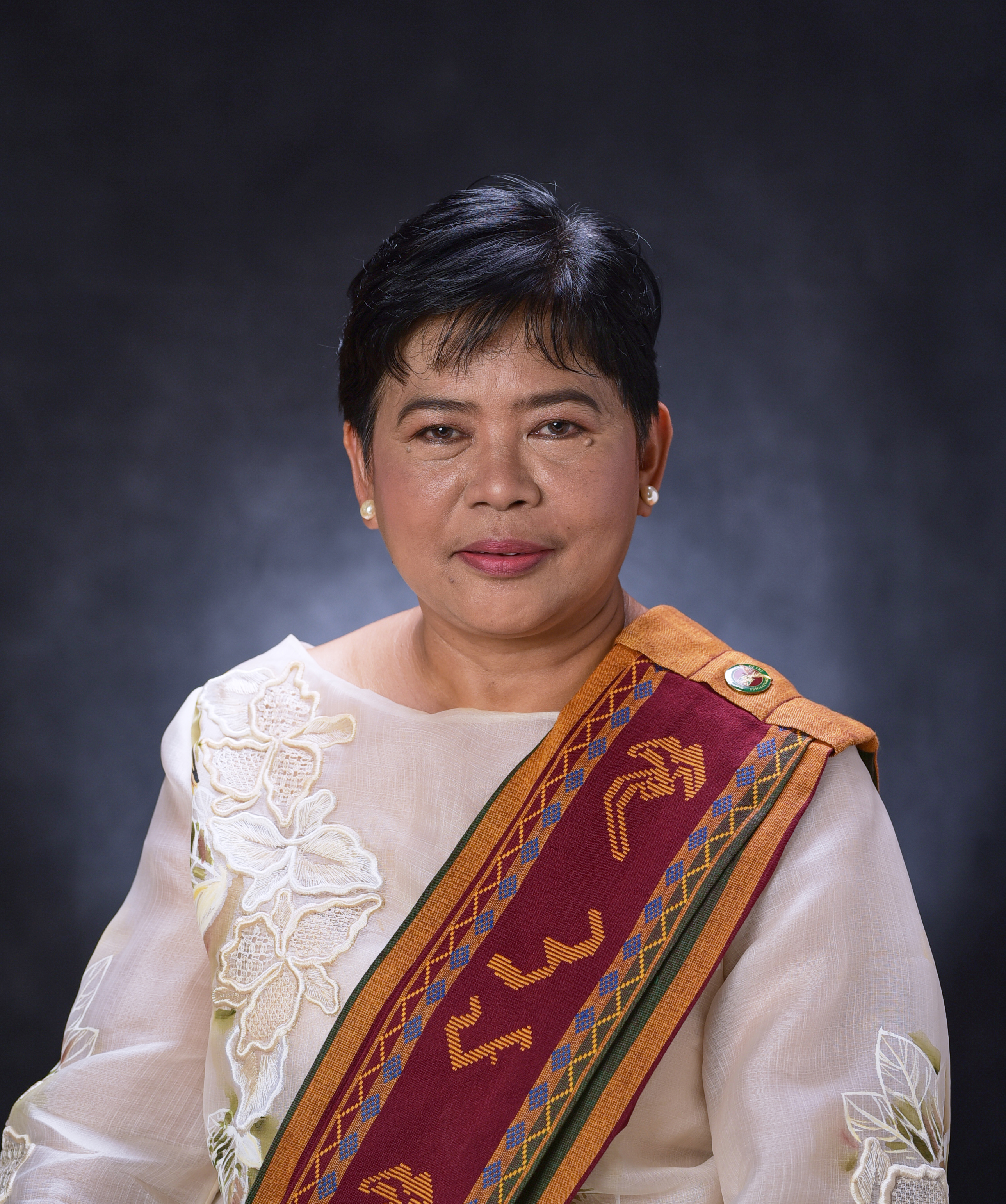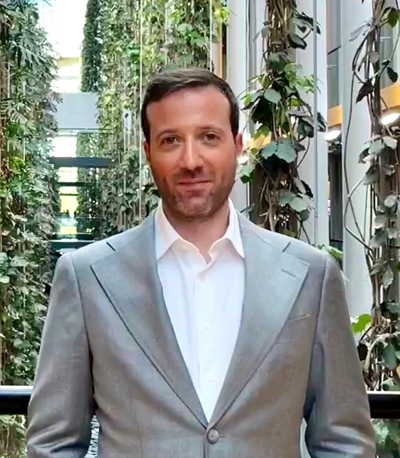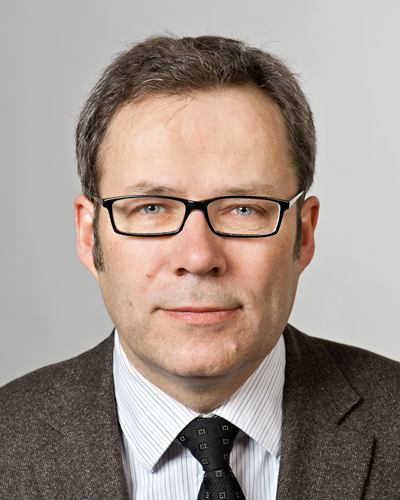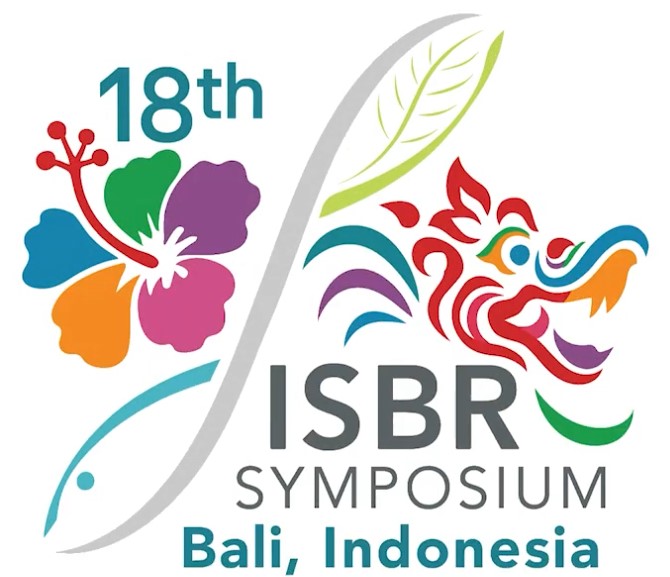Keynote Speakers
Renée Anderson
Grain and Cotton Producer, Emerald QLD
Renée Anderson is a progressive grain and cotton producer from the Central Highlands of Central Queensland Australia, deeply invested in the long-term sustainability of the agricultural sector. Her professional journey encompasses hands-on farming in their family business alongside a strong engagement in farming systems research, agronomy, and a passionate commitment to industry education and effective advocacy. Recognising the importance of broader societal understanding of agriculture, Renée undertook a Nuffield Scholarship, focusing her research on social licence, the adoption of evidence-based best management practices, environmental stewardship, and the critical role of science communication. Her leadership extends beyond her farm through her significant involvement in key industry bodies, including her role as the Northern representative on the GrainGrowers National Policy Group and her contributions to the Nuffield Australia QLD committee and the Australian Cotton Industry sustainability reference panel. Furthermore, Renée is deeply connected to her local community, actively volunteering with the Central Highlands Health board and championing agricultural awareness in schools and universities through her participation in the Central QLD Regional School Industry Partnership program.
Julie Borlaug
Borlaug Consulting and the Borlaug Foundation
As President of Borlaug Consulting, Julie Borlaug is a specialist with 22 years of experience in technology and innovation; internal/external messaging; conceptualizing and implementing strategic initiatives to drive public and private sector partnerships; fundraising; business; development; and domestic and international public speaking. Julie has helped many start-ups, small businesses, and NGOs develop or reshape their corporate messaging to align with their target audiences, like farmers, financial partners, and regulatory bodies. She works seamlessly with her clients' leadership, internal communications, and marketing teams for long-term success. She has successfully created and implemented personalized government relations and outreach for clients with federal agencies, Congressional members, and key stakeholder groups. Julie has assisted in the fundraising efforts of NGOs to create long-term growth funding plans and map out new donors. Julie often speaks on behalf of clients at high-level events to further brand awareness and her clients' corporate message.
For 22 years, Julie Borlaug has successfully worked in international agricultural development, agricultural communications, and external and corporate relations. As the granddaughter of Dr. Norman Borlaug, she works to champion his legacy and lend a voice to his desire to see more successful collaborative partnerships across sectors and scientific disciplines to bring better and faster innovation to end hunger.She is the president of Borlaug Consulting and the Borlaug Foundation. Ms. Borlaug serves on several boards and advisory councils, including the Council of Advisory for the World Food Prize, the Advisor to CIMMYT, the Global Farmer Network advisory board, the Champion’s Council Network for the UN Food Systems Summit, the Board of Trustee for Agricultural Science & Technology (CAST), the U.S. National Food Systems Dialogues, the Texas A&M Agriculture Vice Chancellor’s advisory board, Counterpart, AgTech PR,the Thought for Food Challenge Board, and the Global Coalition for Attracting and Retaining Youth in Agriculture. Ms. Borlaug received a B.A. from Texas A&M in international studies and political science and an M.B.A. from the University of Dallas.
Rodomiro Ortiz
Genetics and Plant Breeding, Swedish University of Agricultural Sciences
Rodomiro Ortiz (Lima, Perú; 1958) is Faculty Professor and Chair of Genetics and Plant Breeding at the Swedish University of Agricultural Sciences (SLU), and SLU Breeding Network Chairman. He holds a PhD in Plant Breeding & Genetics from the University of Wisconsin-Madison, and worked as young researcher at UNALM (Perú), Centro Internacional de la Papa (CIP, Perú) and Rutgers University, was scientist and director of various CGIAR Centers (CIMMYT. ICRISAT, IITA), and held a Nordic professorship on plant genetic resources at the then Royal Veterinary and Agricultural University of Denmark (merged thereafter with the University of Copenhagen). Professor Ortiz has written ca. 1000 reports, of which about 50% are journal articles or edited book chapters with h-index of 79 and cited by 25810 [as per Google Scholar on 2024.08.07]. The CGIAR awarded to IITA the prestigious 1994 King Baudouin Award for the multidisciplinary research of the team working in plantain and banana improvement, in which he was program leader. In 2012, Plant Breeding Reviews dedicated him its volume 36. Professor Ortiz was the principal investigator of SLU/ICARDA–led research development partnership project Adapting durum wheat varieties to the Senegal Basin for food security that won the 2017 Olam Prize for Innovation in Food Security. He was given the Bertebos Prize 2022 for mastering the use of new molecular scientific methods to be a driving force in the breeding of crops of great importance for food supply in Africa, America and Europe. Professor Ortiz was member of CGIAR Independent Science and Partnership Council (ISPC, 2015–2019) and of the Commission on Sustainable Agriculture Intensification (CoSAI, 2020–2021), international fellow of the Royal Swedish Academy of Agriculture and Forestry (KSLA) since 2019, member of the Royal Physiographic Society at Lund (KFS) from 2021 onwards, and fellow of the African Academy of Sciences (FAAS) since 2021.
Steven Runo
Professor of Molecular Biology at Kenyatta University
Dr. Steven Runo is a Professor of Molecular Biology at Kenyatta University. He earned his Bachelor's degree in Biochemistry from Kenyatta University in 1998, followed by a Master's degree in Biotechnology from the same institution in 2003. After completing his Master's, he was awarded a PhD fellowship by the Rockefeller Foundation to pursue Molecular Biology in a Sandwich program between Kenyatta University and the University of California, Davis, earning his PhD in 2008. He then undertook postdoctoral training at the University of Sheffield (UK) and the University of Virginia (USA) before accepting a faculty position at Kenyatta University. Currently, his lab uses molecular genetic tools to understand interactions between parasitic plants that limit crop production in Africa and their hosts. In recognition of his contributions to science, Steven Runo was awarded the Royal Society Africa Prize in 2020.
Plenary Speakers
Zach N. Adelman
Professor, Entomology Department, Texas A&M University, USA
Dr. Zach N. Adelman received his B.A. in Biochemistry from Ithaca College and Ph.D. in Microbiology from Colorado State University. Dr. Adelman is a member of the Department of Entomology at Texas A&M University, where he is now a Professor, Presidential Impact Fellow, Endowed Chair in Agricultural Biotechnology, and Chair of the Interdisciplinary Graduate Program in Genetics and Genomics. Current projects focus on important questions relating to the evolution of the mosquito immune response to arboviruses; mosquito sex determination; DNA repair and mosquito chromosome evolution; mosquito salivary proteins and their effect on bloodfeeding; Iron/heme physiology and transport following mosquito bloodfeeding; and genome manipulation of mosquitoes and gene drive. A unifying theme of his research program is the use of reverse genetic tools such as CRISPR to query a range of important physiological systems in the mosquito, Aedes aegypti. Dr. Adelman has served as author or co-author on more than 95 peer-reviewed publications, including several recent papers on the handling, containment, and regulation of gene drive-containing arthropods, and served as editor of a book published in 2015 entitled “Genetic Control of Malaria and Dengue”. Dr. Adelman served as a member of his institution’s IBC for 7 years, including 4 years as chair, and from 2016-2023 served on a committee that advises the NIH Director on issues of Biotechnology (RAC/NExTRAC).
Olalekan Akinbo
African Union Development Agency - NEPAD
Prof Olalekan Akinbo is a trained Plant breeder from the University of the Free State, Bloemfontein, South Africa, with post-doctoral training with International Institute of Tropical Agriculture (IITA), Ibadan and International Centre for Tropical Agriculture (CIAT), Cali under renown breeder and geneticist, the Donald Danforth Plant Science Center (USA) working in Africa with its cassava transgenic line in Nigeria, and Biotechnology and Biosafety from the Michigan State University, East Lansing, Michigan, USA. He has acquired experience in environmental Biosafety Policy, and currently leading the innovation hub of AUDA NEPAD Centre of Excellence in Science, Technology, and Innovation as Head/Supervisor. He has gotten post-doctoral working experience of over 14 years with different countries in Africa. He ranked number 17 in the 2023 scival from 58 countries with scholarly outputs.
Erik Andreasson
Professor at the Department of Plant Protection Biology, Swedish University of Agricultural Studies
Erik Andreasson has been a professor at the Swedish University of Agricultural Sciences (SLU) in Alnarp, Sweden, since 2009. His research group focuses primarily on potato resistance biology, aiming to providing basis for enhance resilience against climate change and pathogen attacks. They employ multi-omics approaches to investigate plant resistance mechanisms under various stress conditions, which they integrate with GMO field trials. Recently, he has also become involved in the commercialization of new genomic techniques (NGTs). The group consists of approximately 10–15 members, and his research has resulted in more than 100 publications in peer-reviewed journals.
Jane Fife
Chief Technical Officer, 3 Bar Biologics
Dr. Fife’s research focuses on improving formulation and delivery of biologics for more effective application of beneficial microbes to promote plant growth and biological disease control. Prior to joining 3Bar Biologics, she has more than 15 years of expertise in application technology and agricultural biologics through her leadership role managing technology development in agribusiness at Battelle Memorial Institute. Dr. Fife holds a PhD in Agricultural Engineering from The Ohio State University, where she currently serves as an Adjunct Faculty and teaches courses in engineering design.
Donna Lalli
Deputy Administrator of BRS, USDA, USA
Dr. Donna Lalli serves as the Deputy Administrator for USDA Animal and Plant Health Inspection Service (APHIS) Biotechnology Regulatory Services (BRS). In this role, Dr. Lalli provides leadership and direction to ensure the safe development and introduction (importation, interstate movement, and field testing) of genetically engineered organisms. Before her current appointment, Dr. Lalli was APHIS Associate Administrator and held the position of Associate Deputy Administrator in APHIS Wildlife Services. Dr. Lalli served on a temporary assignment as Senior Policy Advisor in the Executive Office of the President, Office of Science and Technology Policy, after serving as the APHIS Science Advisor. Dr. Lalli started her APHIS career with BRS as a biotechnologist and then as the program’s chief of staff. A highly accomplished professional in policy development and senior level management in the government, Dr. Lalli holds a Ph.D. in genetics from Clemson University.
Simon Lillico
Roslin Institute
Dr. Simon Lillico joined The Roslin Institute in 2002 to produce transgenic hens that produced high value therapeutic proteins in their eggs, and transgenic livestock as models of human diseases. In recent years, he has been at the forefront of the application of genome editors in various livestock species, creating either disease resistant/resilient strains, or more accurate models of human diseases. Dr. Lillico holds several patents in this field and is the Editor-in-Chief of Transgenic Research.
Cathie Martin
John Innes Centre
Dr. Cathie Martin researches into the relationship between diet and health and how crops can be fortified to improve diets and address the global challenge of chronic disease. This work has involved linking leading clinical and epidemiological researchers with plant breeders and metabolic engineers to develop scientific understanding of how diet can help to maintain health, promote healthy ageing and reduce the risk of chronic disease. Cathie was Editor-in-Chief of The Plant Cell (2008-2014) and is now an Associate Editor for Molecular Horticulture. She is a member of EMBO, AAAS, a Fellow of the Royal Society, in 2014 she was awarded an MBE for services to Plant Biotechnology, in 2019 she was elected Janniki Ammal Chair of the Indian Academy of Sciences for outstanding women in science and in 2022 she was awarded the Rank Prize for outstanding contributions to research on nutrition.
Clint Nesbitt
Global Director of Regulatory and External Affairs, Genus PLC
Dr. Nesbitt is Global Director of Regulatory and External Affairs at Genus PLC, where he is responsible for developing and implementing a global strategy for regulatory review and technology acceptance of animals derived through biotechnology. He joined Genus in 2022 from the Biotechnology Innovation Organization (BIO), where he was Senior Director of Science and Regulatory Affairs in the Food and Agriculture Section for seven years. From 2004-2014, he served as a regulator of agricultural biotechnology in the Biotechnology Regulatory Services of USDA’s Animal and Plant Health Inspection Service (APHIS). Dr. Nesbitt has a Ph.D. in plant breeding and plant molecular biology from Cornell University, where he studied tomato genetics.
Reynante Ordonio
Department of Agriculture (DA) Philippine Rice Research Institute (PhilRice)
Dr. Reynante L. Ordonio is a Career Scientist I at the Department of Agriculture (DA) Philippine Rice Research Institute (PhilRice). He was recognized as an Outstanding Young Scientist in 2021 by the National Academy of Science and Technology. He holds BS Biology (Magna cum laude) and MS Biology degrees from Central Luzon State University as well as MS and PhD degrees in Agricultural Science from Nagoya University, Japan. Through this, he acquired expertise in rice GMO development and New Plant Breeding Techniques (NBT). He was able to play a pivotal role in crafting the Philippines' inaugural regulatory policy for new plant breeding techniques and chaired the Ad-hoc technical working group on NBTs under the National Committee on Biosafety of the Philippines (NCBP). An advocate of modern biotechnology, he led the PhilRice Golden Rice Project in collaboration with the International Rice Research Institute (IRRI), culminating in the commercial propagation (2021) and varietal registration (2022) of Golden Rice, marked by the release of the Malusog 1 rice variety (NSIC 2022 Rc682GR2E). This allowed him to gain important experience in communicating science to the public. Currently, he leads the gene editing projects at the Crop Biotechnology Center, PhilRice and collaborates with IRRI and Oxford University to develop improved rice varieties using CRISPR-Cas technology.
Jean-Yves Paul
Queensland University of Technology
Dr. Jean-Yves Paul is a Senior Research Scientist at the Centre for Agriculture and the Bioeconomy, Queensland University of Technology. He specialises in banana biotechnology, focusing on developing innovative strategies to enhance the crop for the benefit of both farmers and consumers. His research is deeply rooted in improving food security, particularly in regions where bananas are a crucial staple. Dr. Paul has led a decade-long biofortification program aimed at combating micronutrient deficiencies in Uganda by enhancing the nutritional content of the country’s staple, the East African highland banana. He has designed, implemented, and managed multiple field trials of genetically modified (GM) and gene-edited bananas in Australia, Uganda, Malawi, and the Philippines. His expertise also encompasses biosafety assessments and the oversight of food safety and regulatory processes. A key milestone in his career was contributing to the development and assessment of QCAV-4, a GM Cavendish banana with near-immunity to Fusarium wilt Tropical Race 4, developed at QUT. Recently deregulated in Australia, QCAV-4 is the world’s first GM banana approved for commercial release and consumption and represents Australia's first GM fresh fruit.
Luiz Filipe Protasio Pereira
Embrapa Coffee (Café) and member of the National Technical Biosafety Commission (CTNBio)
Dr. Luiz Filipe Protasio Pereira has been a researcher at Embrapa Café since 2003 and a member of the National Technical Biosafety Commission (CTNBio) since 2018. I hold a degree in Biology from Londrina State University (1986), a Master’s degree in Crop Biotechnology (1993), and a Ph.D. in Plant Genetics (1998), both from the University of Guelph, Canada. From 2015 to 2016, I was a Visiting Scientist at CIRAD in Montpellier, France. I have taught courses and supervised graduate students in postgraduate programs in Biotechnology (2004–2018), Genetics and Molecular Biology at Londrina State University (since 2010), and Bioinformatics at the Federal University of Technology – Paraná, Cornélio Procópio campus (since 2016). I am a member of the Steering Committee of the National Institute of Science and Technology for Coffee and serve as an Associate Editor for The Plant Genome and Australasian Plant Pathology Journals. My areas of expertise include Molecular Biology and Plant Genetics, with research interests in transcriptome analysis, genomics, genetic mapping, association mapping, genome editing and biosafety.
Carl Ramage
Rautaki Solutions PTY LTD
Dr. Carl Ramage (GAIDC) is the Managing Director of Rautaki Solutions, a consultancy business dedicated to fostering innovation and research excellence within the life sciences sector. He specialises in establishing sustainable capabilities in biosafety and bio-risk management, and the formulation and execution of compliance management strategies. His expertise extends to initiatives for the commercialisation and pathway to market of biotech products for the biomedical, agricultural, and food sectors. Notably, he is the sole Excellence Through Stewardship auditor in Australasia. Carl has a Doctor of Philosophy degree from the University of Queensland (AUS), a Master of Science (Hons I) degree from Canterbury University (NZ), and is a graduate of the Australian Institute of Company Directors.
Irene Sacristán Sánchez
Directorate General Health and Food Safety of the European Commission
Irene Sacristán Sánchez is head of unit for Biotechnology in the Directorate General Health and Food Safety of the European Commission. She joined the Commission in 2003, spending several years working on the development and negotiation of pharmaceutical legislation. Before joining the Biotech Unit, she was head of the policy development and legislative unit in the European Anti-Fraud Office. She is a lawyer by training
Reinhilde Schoonjans
MSC, PhD Biotechnology and European Patent Attorney (EPA)
Dr. Reinhilde Schoonjans is Team Leader GMO Food Feed Safety, Comparative and Environmental Risk Assessment. Her Team is part of the European Food Safety Authority’s (EFSA) Unit for Nutrition and Food Innovation (NIF), Parma, Italy. Protein Safety (incl. Allergenicity, Toxicity), Nutrition, Human and Animal Dietary Exposure, ERA and Post Market Environmental Monitoring are among the disciplines covered in the evaluations of GM Plants. Reinhilde and her Team also work on future approaches to protein safety and on guidance evaluations for GM-NGT animals. Previously, she coordinated a mandate on Synthetic Biology (in microorganisms, plants and animals). Other topics of expertise include biodiversity-related protection goals for environmental risk assessment, epigenetics and the cloning of farmed animals, as well as risk assessment of nanomaterial/small particles used in the food and feed chain. Reinhilde Schoonjans is a Biotechnologist holding a PhD from Ghent University, where she performed research on bispecific antibodies for cancer immunotherapy. In 2005 she qualified as European Patent Attorney for the European Patent Office (Munich), before joining EFSA
Manabu Takahara
National Agriculture and Food Research Organization (National Research and Development Agency)
Dr. Manabu Takahara is the Manager of the Division of Crop Genome Editing Research at the Institute of Agrobiological Sciences at National Agriculture and Food Research Organization of Japan. The Division of Crop Genome Editing Research focus on application of genome editing to improve productivity, secure food supply, and increase exports. Dr. Takahara is a graduate of the University of Tokyo.
Janet Talling
Department for Environment, Food & Rural Affairs (DEFRA)
Dr Janet Talling: Head of Genetic Technology and Farm Tenancy Policy in the Innovation, Productivity and Science Division within Defra for 3 years. Prior roles include Head of Contact Testing Policy in Test and Trace introducing policy that enabled critical workers to return to work. My primary interests lie in exploring how to overcome barriers, to uptake and implementation of precision breeding across all sectors. I have twenty years experience as a government research scientist, focused on animal science and welfare, prior to moving into government policy. Alongside this I am Director of a small-scale farming company that has progressed from start up, full production, to mothballed due to input cost escalation. Both these give me a solid understanding of the challenges facing the sector.
Lourdes D. Taylo
Project Leader of the Bt Eggplant Project; University of the Philippines Los Baños (UPLB)
Dr. Lourdes D. Taylo is an Entomologist working at the Institute of Plant Breeding (IPB), College of Agriculture, University of the Philippines Los Banos. She finished her Doctor of Philosophy in Entomology in 2003, specializing in Host Plant Resistance to Insects at UPLB minor in Genetics. She has the opportunity to work with Dr. William D. Hutchison, University of Minnesota, St. Paul Campus, USA, on a short internship program on IRM of Bt corn. At the Entomology Laboratory, IPB, she is involved in vegetables, fruits, feeds, industrial crops, and ornamental entomology. She has been the designated Project Leader of the Bt Eggplant Project. She is an Affiliate Professor at the Institute of Weed Science, Entomology and Plant Pathology, University of the Philippines Los Baños. She has published numerous papers in local and international reputable peer-reviewed journals. She has received several awards for paper and poster papers presented in local and international scientific meetings. In 2022, the Department of Biotechnology Program Office awarded her as one of the Filipino Faces of Biotechnology for their work on Bt eggplant, the first genetically modified vegetable in the Philippines.
German Vighi
Executive Manager, Plant ETP; KU Leuven Plant Institute
Dr. German Vighi holds a PhD in Bioscience Engineering, building on a background as an agricultural engineer and a master’s degree in plant biotechnology. German served for several years co-led for the Policy and Advocacy Team within the GeneSprout Initiative—an early-career platform dedicated to science outreach and advocacy on new genome techniques in agriculture—, driving efforts to foster transparent dialogue and inform public understanding of gene-editing technologies. As of today, German is part of the advisory board of this initiative. Passionate about science, innovation and science communication, German is committed to bridging the gap between scientific research and the broader community. Currently, German serves as Executive Manager of Plant ETP, a multi-stakeholder organization encompassing farmers, academia, and the plant breeding industry—representing the plant sector from fundamental research to crop production and distribution. In addition, Plant ETP brings stakeholders from the plant sector together to consider the challenges and opportunities of agricultural value chains, while developing a vision for future systems spanning food, feed, and biobased raw materials
Justus Wesseler
Agricultural Economics and Rural Policy at Wageningen University, The Netherlands
Prof. Dr. Justus Wesseler holds the chair in Agricultural Economics and Rural Policy at Wageningen University, The Netherlands. He has a degree in agricultural, environmental and natural resource economics from the University of Göttingen, Germany. His research work is on bioeconomy economics and policies. The major focus is on the contribution of value chains to improve sustainability and the impact of new technologies and regulations on the value chain in this respect. His research work has been published in more than 100 contributions to peer reviewed journals and books. He is president of the International Consortium of Applied Bioeconomy Research (ICABR). He has been involved in a number of small and large scale international research project as team member and/or coordinator and been invited to serve as an adviser in academia and research.
Important Dates
October/November, 2027
ISBR2027 - Bali, Indonesia
